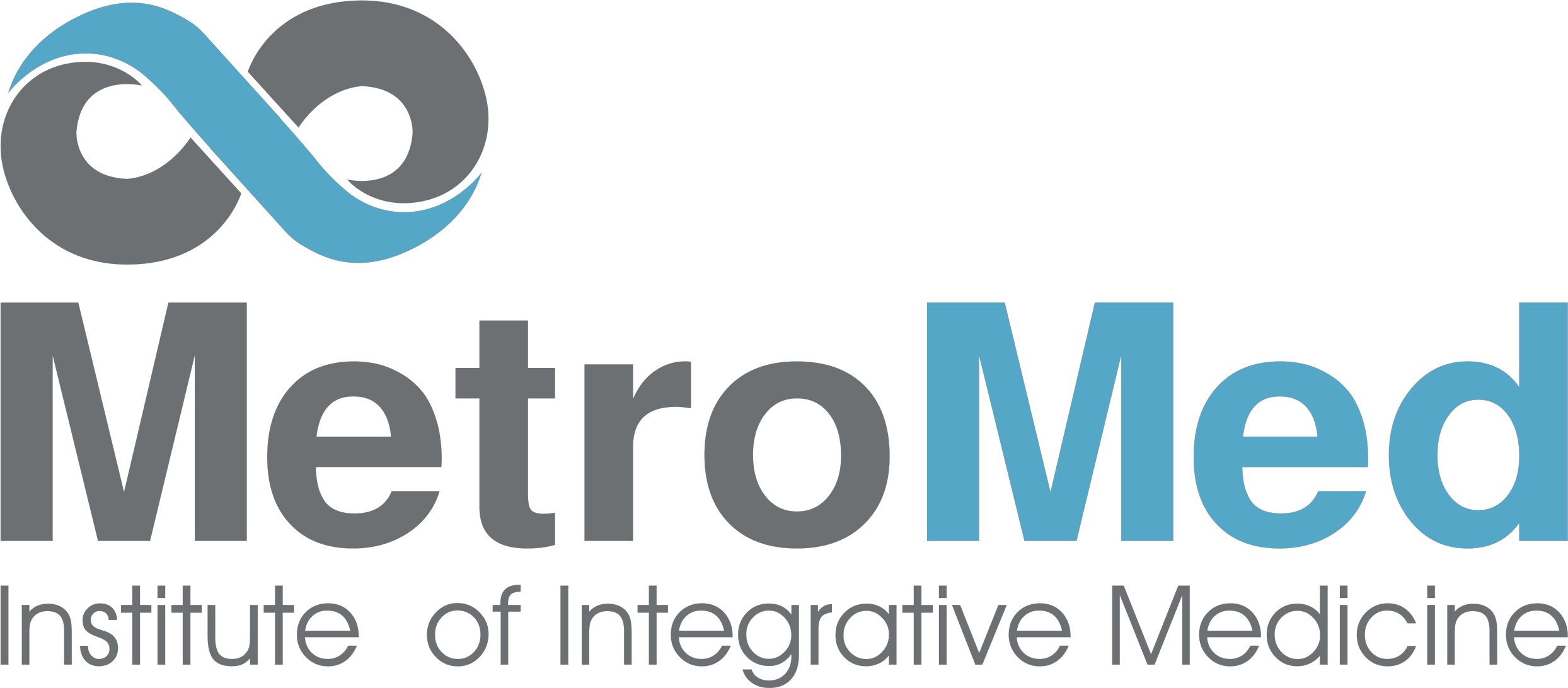Most people would say Friday the 13th is an unlucky day. When the thirteenth day of the month falls on a Friday, the superstition of bad events happening has been folklore for many years. However, this last Friday April 13 was one of the most powerful and revolutionary days for medical professionals in the field of regenerative medicine. The state of Texas and its board of medical examiners legalized the use of adult stem cells in clinical practice under their structured guidelines. This was the first major move towards standardizing cell based care in the United States.
Until April 13th many physicians in the state of Texas were practicing cell-based medicines with little to no guidelines. Previously, physicians followed loose FDA laws that only regulated differentiating, growing, and manipulating stem cells in a lab. The current FDA law also states stem cells used for treatment have to be re-administered to the patient during the same day. Besides these two categories there is little governing force over the way physicians are able to use cells in medicine. These new laws give the medical community in the state of Texas more structure behind safe and effective uses of cellular medicines.
This new set of laws established by the Texas Board of Medical Examiners is an incremental step forward towards standard use of cell-based medicines in the United States. By allowing physicians the ability to preform cell-based therapies, they now have proper use to these techniques in a structured and evidence based model. The central most guideline governed by the Texas State Board is that the cells being used in treatment have to be adult stem cells, meaning these cells are coming from a grown individual and not embryos or placentas. These cells are safer for the patient and eliminate the controversial issues over the use of embryonic stem cells.
As the state of Texas enables medical professionals to perform cell based therapies it will allow the field to expand vastly over the next few years. This new set of laws will allow more patients to have access to cell based therapies and will allow the healthcare provide this care. As the number of cellular treatments in the United States increases the effectiveness and protocols will also increase. Before this point the United States had little modalities to incorporate cellular medicines into mainstream medicine. Many patients would travel to foreign countries to obtain cellular therapies without knowing who the doctor or clinic was. With this push by the Texas government the country is now moving one step closer to standardizing cell based care and protecting the care of patients in the United States.
Hopefully, more and more states will set structured state laws to help standardize cell therapies around the United States. Eventually a progression like these will help push the FDA to incorporate cellular medicine into standard government care. This progression will help personalize medicine and give a variety of new treatments for diseases that never before were obtainable in the United States. As the research in clinical cell medicine expands the healthcare system in the United States will follow. Cellular medicine is the next major pillar in healthcare and without following steps forward like Texas our Nation will fall behind in modern day medical technologies.
Copyright © 2012 Alex Martin MD & Devin Stone, Los Angeles
References:
- Johnson, James. “Stem Cells Treatment Law In Texas Will Allow Doctors To Offer Experimental Treatments Without FDA Approval.” The Inquisitr. Johnston, 12 Apr. 2012. Web. 17 Apr. 2012. .
- Park, Minjae. “Texas Board Approves Rules on Use of Stem Cells.” New York Times. 13 Apr. 2012. Web. 16 Apr. 2012. .
- Silverman, Ed. “A Showdown In Texas Over Stem Cells.” Pharmalot. Pharmalive.com, 12 Apr. 2012. Web. 17 Apr. 2012. .
- Vertuno, Jim. “Texas OKs Experimental Stem Cell Therapy Rules.” Google News. The Associated Press, 14 Apr. 2012. Web. 17 Apr. 2012. .


